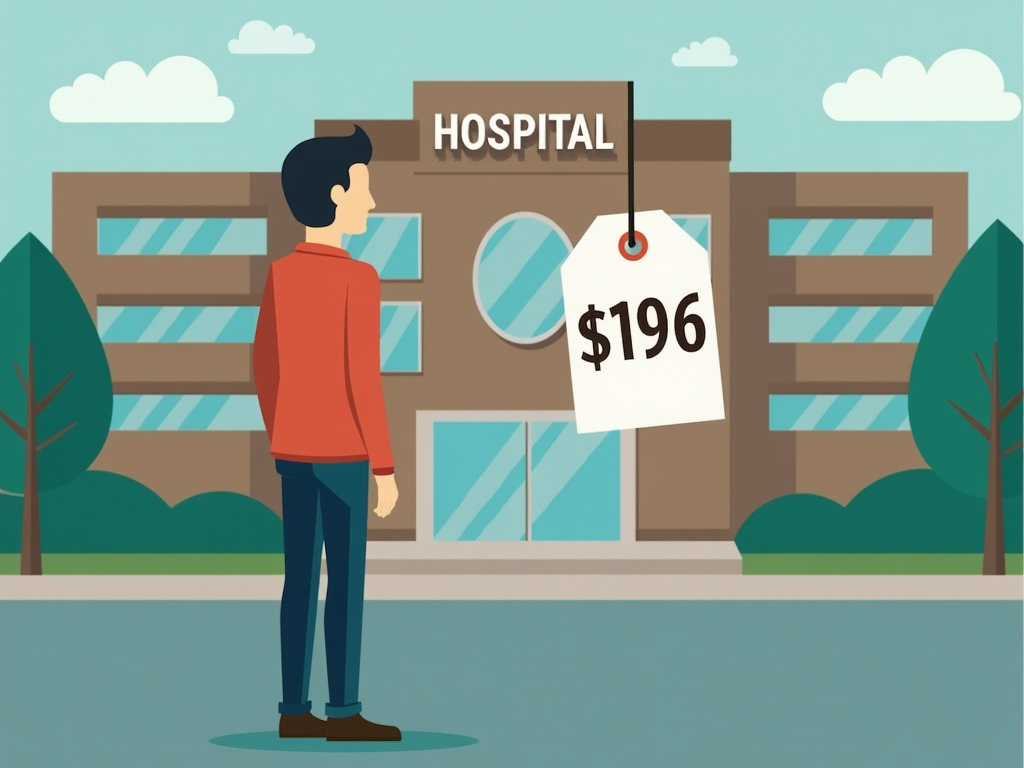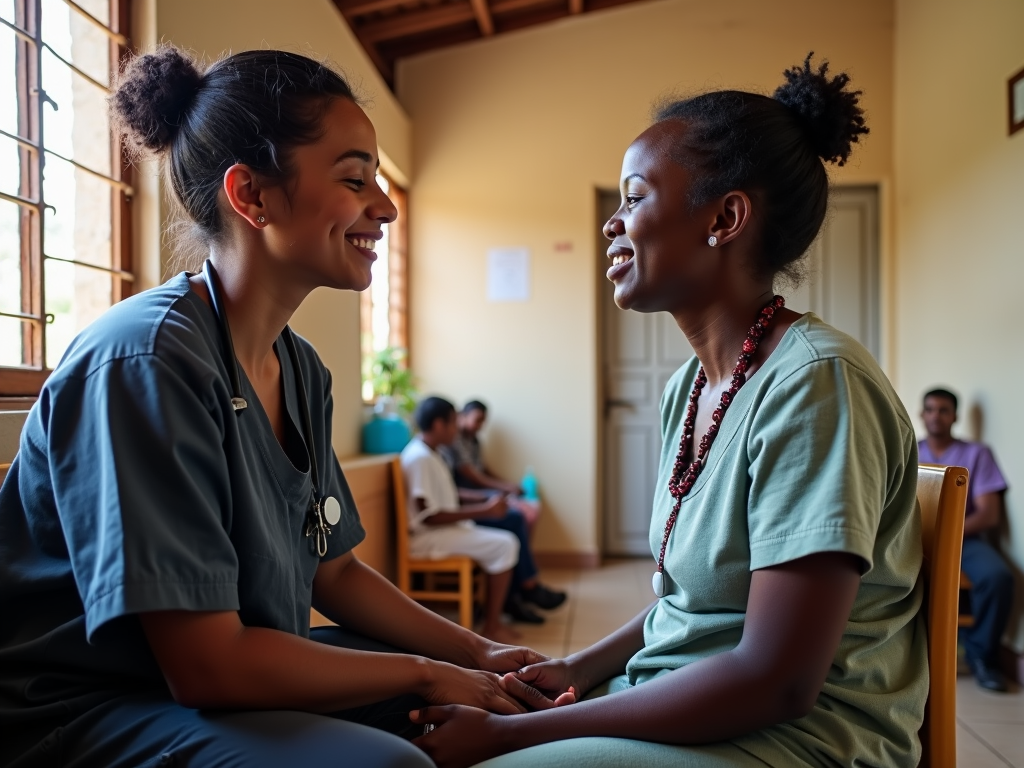In today's world, access to healthcare is a fundamental right, yet many face significant economic barriers that prevent them from receiving the care they need. This article delves into the challenges of overcoming economic barriers in healthcare access, with a focus on chronic disease management. We'll explore the impact of these barriers, discuss solutions, and highlight the importance of health equity and community health initiatives.

Economic barriers in healthcare access can take many forms, including high out-of-pocket costs, lack of insurance, and limited availability of affordable care options. These barriers disproportionately affect low-income individuals and families, making it difficult for them to seek timely medical attention. For those managing chronic diseases like diabetes or heart disease, these barriers can be particularly detrimental, leading to worsening health outcomes and increased healthcare costs in the long run.

Chronic disease management requires regular check-ups, medication, and sometimes lifestyle changes, all of which can be costly. When economic barriers prevent access to these essential services, patients may delay or forgo necessary care, leading to complications and hospitalizations. This not only affects the individual's health but also places a burden on the healthcare system as a whole.
Fortunately, there are solutions and initiatives aimed at overcoming these economic barriers. One effective approach is the implementation of community health programs that provide affordable or free healthcare services to underserved populations. These programs often rely on a combination of government funding, private donations, and volunteer efforts to deliver care where it's needed most.

Another solution is the expansion of health insurance coverage, particularly through programs like Medicaid, which can help low-income individuals access necessary care. Additionally, innovative healthcare models, such as telemedicine and mobile clinics, can bring services directly to communities, reducing the need for costly travel and time off work.
Addressing economic barriers in healthcare access is not just about improving individual health outcomes; it's also about promoting health equity. Health equity means ensuring that everyone has a fair opportunity to achieve their highest level of health, regardless of their economic status. By removing financial obstacles, we can create a more just and equitable healthcare system.

Community health initiatives play a crucial role in this effort. These initiatives often focus on preventive care, education, and outreach, helping to identify and address health issues before they become more serious and costly. By investing in community health, we can reduce the overall burden of disease and improve population health outcomes.

In conclusion, overcoming economic barriers in healthcare access is essential for ensuring that everyone, especially those with chronic diseases, can receive the care they need. Through community health programs, expanded insurance coverage, and innovative care models, we can make significant strides toward health equity. It's a collective effort that requires the involvement of policymakers, healthcare providers, and communities alike.
Discuss Here